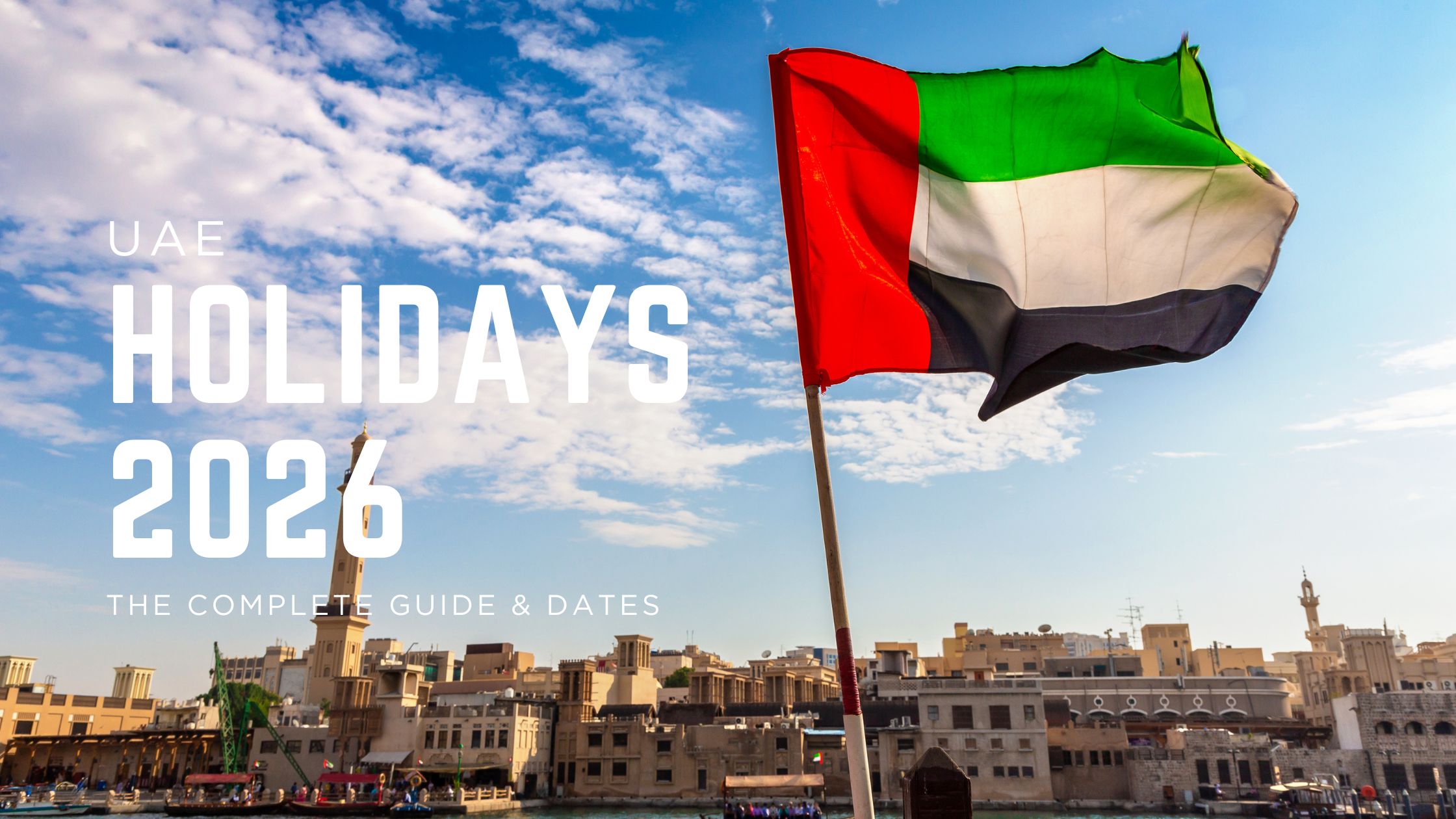Blockchain and Crypto Regulation: What the Arabian Business World Needs to Know

In recent years, blockchain and cryptocurrency have moved from being futuristic buzzwords to becoming powerful forces shaping the global financial ecosystem. Across the Middle East, governments, investors, and entrepreneurs are paying close attention to how this technology can redefine finance, trade, and governance.
But as innovation accelerates, so does the need for clear and consistent regulation. For the Arabian business world, understanding the evolving rules around blockchain and crypto isn’t just about compliance — it’s about staying ahead of the curve in a rapidly transforming digital economy.
1. The Blockchain Boom in the Arab World
From Dubai’s Blockchain Strategy to Saudi Arabia’s investment in digital transformation, the region is positioning itself as a global hub for blockchain adoption.
🔹 Key drivers include:
- The push toward smart governance and digital economies.
- Growing interest from fintech startups and venture capitalists.
- The potential to enhance security, transparency, and efficiency across industries.
Sectors like finance, logistics, real estate, and energy are already experimenting with blockchain to streamline transactions and cut costs.
💡 Example: The UAE’s government aims to use blockchain for up to 50% of public sector transactions, reinforcing trust and reducing paperwork.
2. The Rise of Cryptocurrency in the Region
Cryptocurrency trading and investment are gaining traction among young investors and tech-savvy entrepreneurs. Platforms offering Bitcoin, Ethereum, and other digital assets are growing in popularity — particularly in countries like the UAE, Bahrain, and Saudi Arabia.
However, with opportunity comes risk. The volatility of crypto markets, concerns around fraud, money laundering, and consumer protection have pushed regulators to take action.
This is where regulatory clarity becomes essential — to balance innovation with security and stability.
3. Current Regulatory Landscape
The Middle East has taken diverse approaches to crypto regulation:
🏙️ United Arab Emirates (UAE):
The UAE is a regional leader in crypto regulation. Dubai established the Virtual Assets Regulatory Authority (VARA)in 2022 to oversee virtual asset activities.
VARA ensures compliance, licensing, and investor protection — allowing Dubai to become a global crypto hub.
👑 Saudi Arabia:
While Saudi Arabia has not fully legalized crypto trading, it’s exploring blockchain in government and finance. The Saudi Central Bank (SAMA) is working on CBDC (Central Bank Digital Currency) projects and regulatory frameworks for digital assets.
🏝️ Bahrain:
Bahrain was one of the first Gulf states to regulate crypto through its Central Bank’s framework. It licenses exchanges and enforces strict compliance to prevent financial crime.
💬 Others (Qatar, Oman, Kuwait):
These countries remain cautious, with tighter restrictions or bans on crypto trading, though blockchain exploration continues in sectors like supply chain and government tech.
4. Challenges for Businesses and Investors
As the region builds its blockchain ecosystem, businesses face a few critical challenges:
⚖️ Regulatory uncertainty: Different rules across countries create confusion for cross-border startups.
🔐 Security risks: Without proper governance, crypto exchanges remain targets for cybercrime.
📉 Volatility and investor risk: Crypto’s unpredictable nature requires strong investor education.
💰 Banking and compliance hurdles: Many banks are still hesitant to work with crypto-linked businesses.
To succeed, companies must navigate these challenges carefully — aligning with national laws while staying innovative.
5. Opportunities Ahead
Despite challenges, blockchain and crypto offer enormous potential for the Arabian business ecosystem:
🚀 For Startups: Access to decentralized funding (DeFi), NFTs, and tokenization opens new business models.
🏦 For Financial Institutions: Blockchain can streamline payments, trade finance, and identity verification.
🏗️ For Governments: It enhances transparency, digital identity, and public trust.
As regulation matures, the region could become a global leader in responsible blockchain innovation — balancing progress with protection.
6. The Road to Responsible Innovation
The next few years will be crucial. Regulators, investors, and entrepreneurs must work together to create a balanced digital economy.
✔️ Governments need to refine policies that attract innovation while ensuring consumer safety.
✔️ Businesses must integrate compliance and cybersecurity into their blockchain strategies.
✔️ Investors should stay informed about regulatory changes to protect their assets and reputation.
Final Thoughts
The Arabian business world stands at the crossroads of innovation and regulation.
Blockchain and crypto technologies are unlocking vast opportunities — from digital payments to smart contracts — but success depends on trust, governance, and collaboration.






